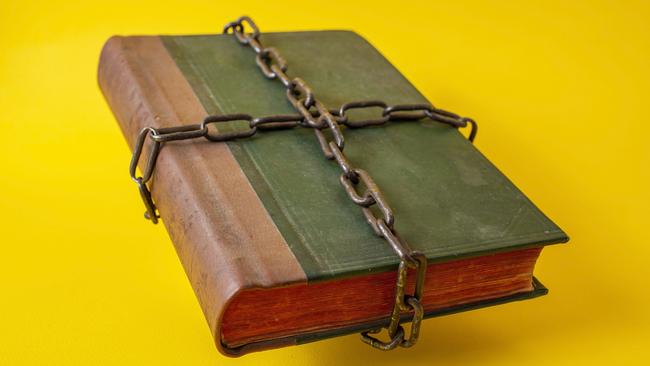
Even Shakespeare productions have been bowdlerised to avoid offensive words and ideas. Yet The Merchant of Venice was in part about anti-Semitism, race relations are the backdrop of Othello and don’t even begin on the countless ways The Taming of the Shrew offends contemporary sensibilities.
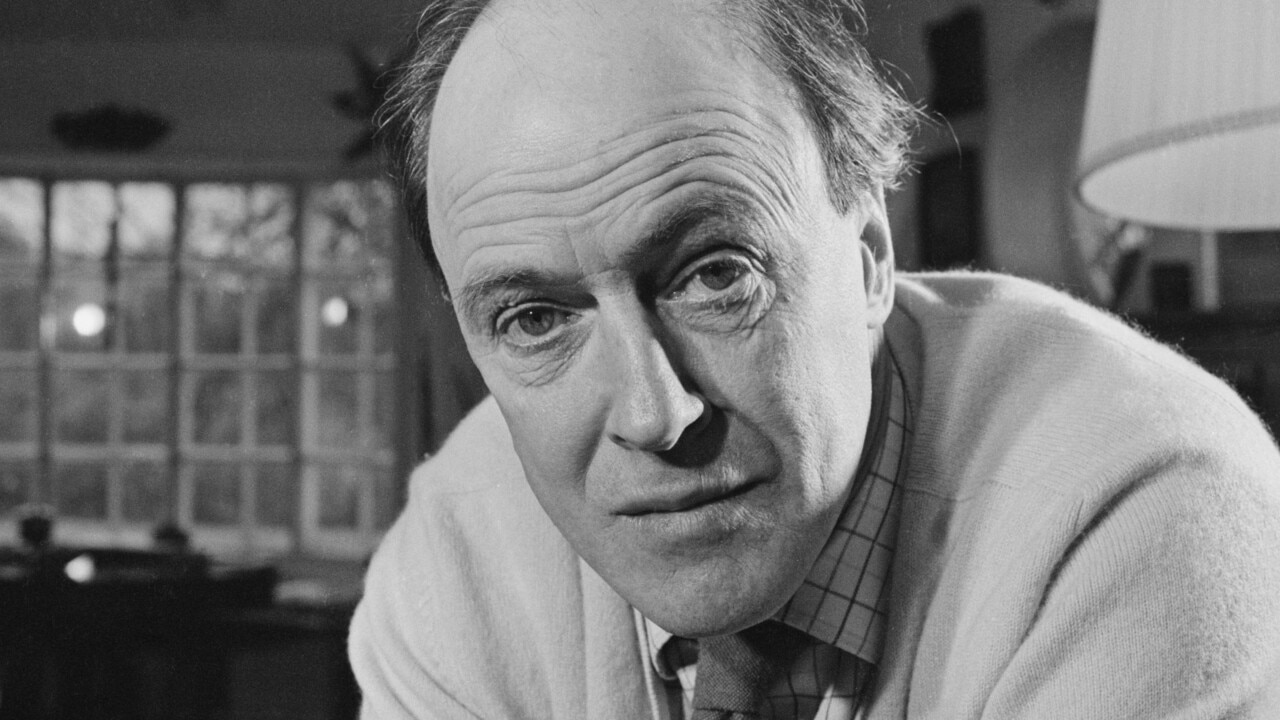
But Shakespeare was the supreme genius of human literature.
Are we really so deranged we would censor his words from 400 years ago so we don’t have to endure insights from the past? Are our insights today simultaneously sublimely perfect, and incapable of withstanding exposure to anything different?
Like many others I was most enraged at the ridiculous practice of the publisher in censoring and rewriting Enid Blyton’s books. Primary school children today have to put up with gender fluidity training, if their parents get pay TV they can turn on Game of Thrones and watch endless debauchery and violence, but we protect them from such shocking Blyton dialogue as “Shut up” or “Don’t be an ass!”

The very appeal of reading something from the past is that it’s different from where you are now. Very early in life I discovered that books can take you anywhere in the world, not only anywhere now but anywhere in history, and, given the power of the human imagination, to many places that don’t even really exist. Now we want to cancel literature’s magical visa.
Enid Blyton’s books were the first books I read from cover to cover, specifically the Secret Seven. I read some of the Famous Five but didn’t fall in love with them. The series that most stirred my childish soul was the Five Find-Outers.

Almost everything I liked about it would now, I suspect, be up for censorship. Maybe it has been censored already.
A distinctive joy of literature is unexpectedly finding yourself in a character, or an outlook, an idea or person you instinctively identify with. For me, this happened first when I read The Mystery of Tally-Ho Cottage, when I was about eight or nine. The group’s leader is Frederick Algernon Trotterville. His initials form the word FAT. He first meets the kids destined to become his fast friends in the series’ first book, The Mystery of the Burnt Cottage.
The others don’t like him much at the start. He’s fat, clever, conceited, talks too much, eats too much, likes his ginger beer, he’s a know-it-all and more than a bit bossy. Naturally, I loved him.
Even as a child, my natural shape resembled a potato. The idea that a smart-talking fatty could be a hero was terrifically appealing, perhaps the basis of the rest of my life.
When first given his nickname, Fatty doesn’t like it. But he realises he can’t change it, so he grins and gets on with becoming everyone’s friend.
Body-shaming, hate speech, stereotyping – every offence a children’s book could commit. And yet it’s also marvellously plotted and absorbing to read even today.
Give me Enid Blyton and Fatty every day of the week as opposed to the po-faced, politically correct, supreme censors of silliness who want to ruin her.
Psst! I have a library of R rated original Find-Outer mysteries for any child, especially a fatty, in need.


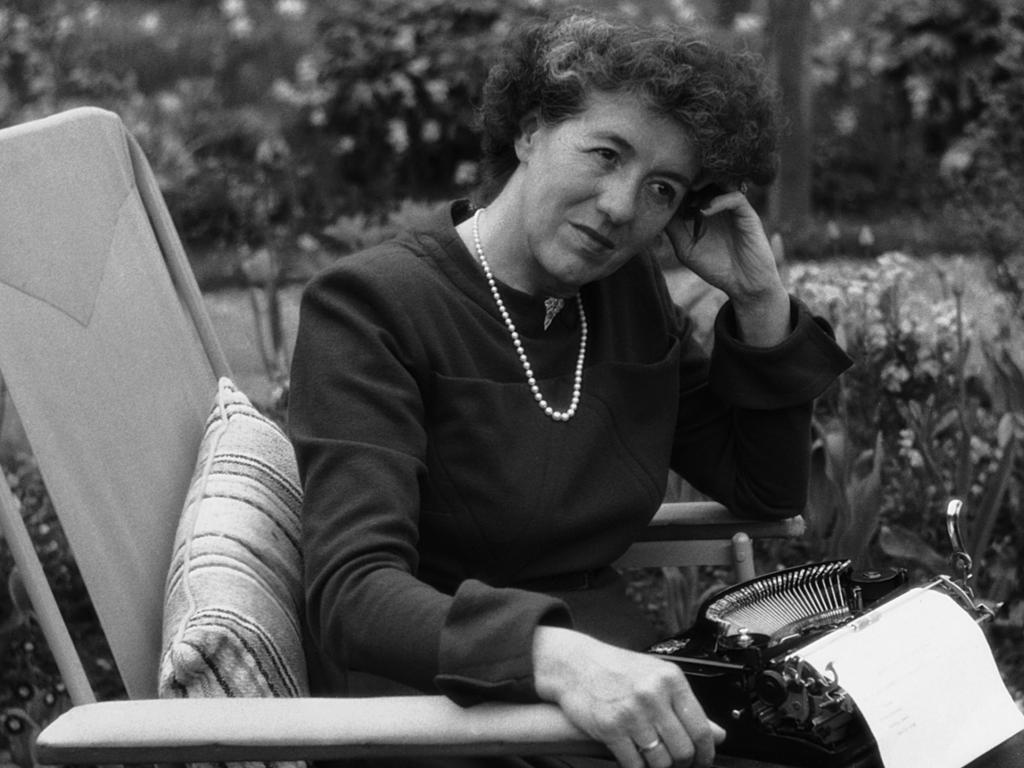
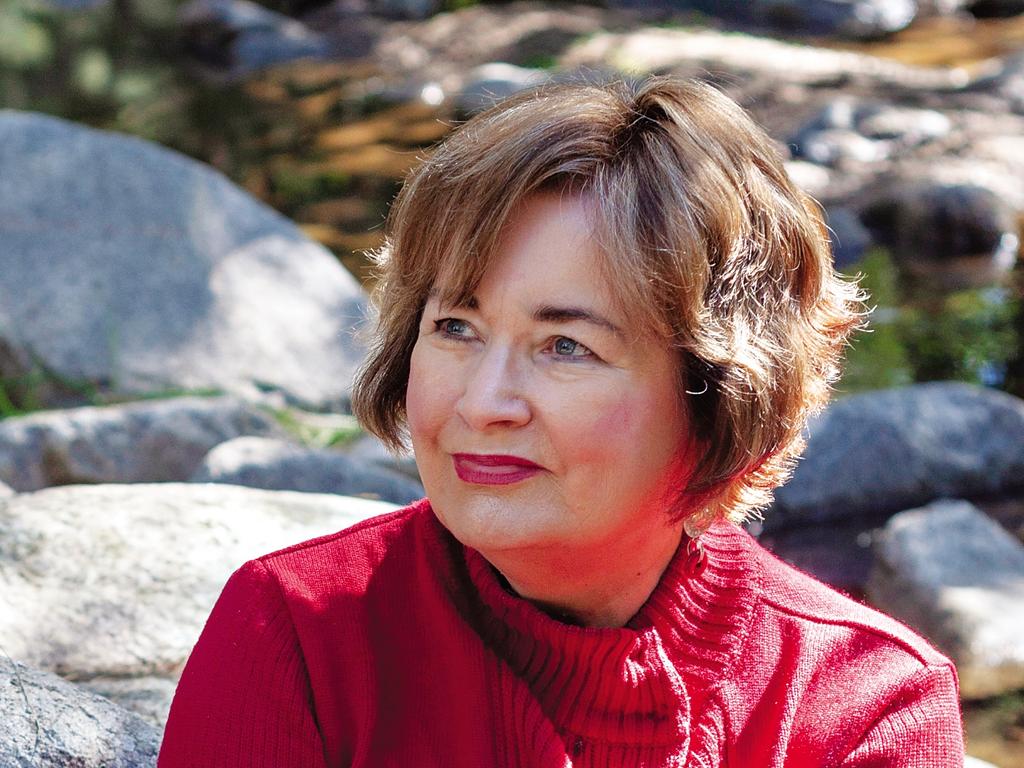
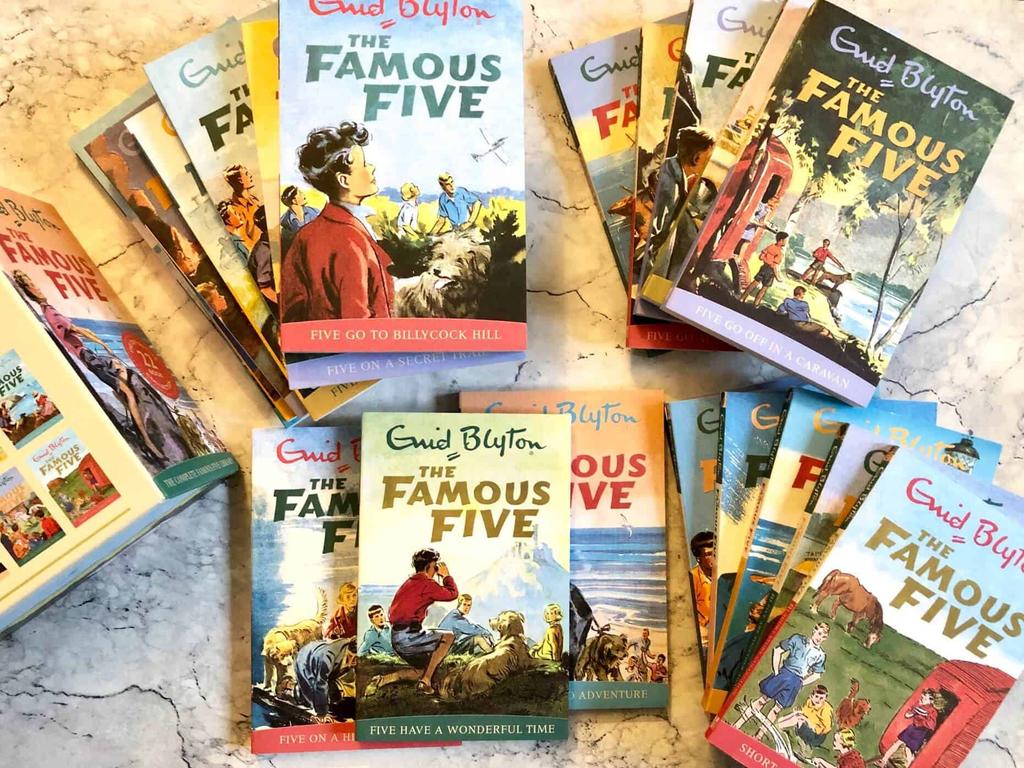



The idea of rewriting classics to make them conform to the prejudices of today is so spectacularly dumb, so epic in its nuttiness, so complete a form of cultural madness, that it illustrates perfectly George Orwell’s observation that to believe certain things you have to be an intellectual, no normal man could be so stupid.